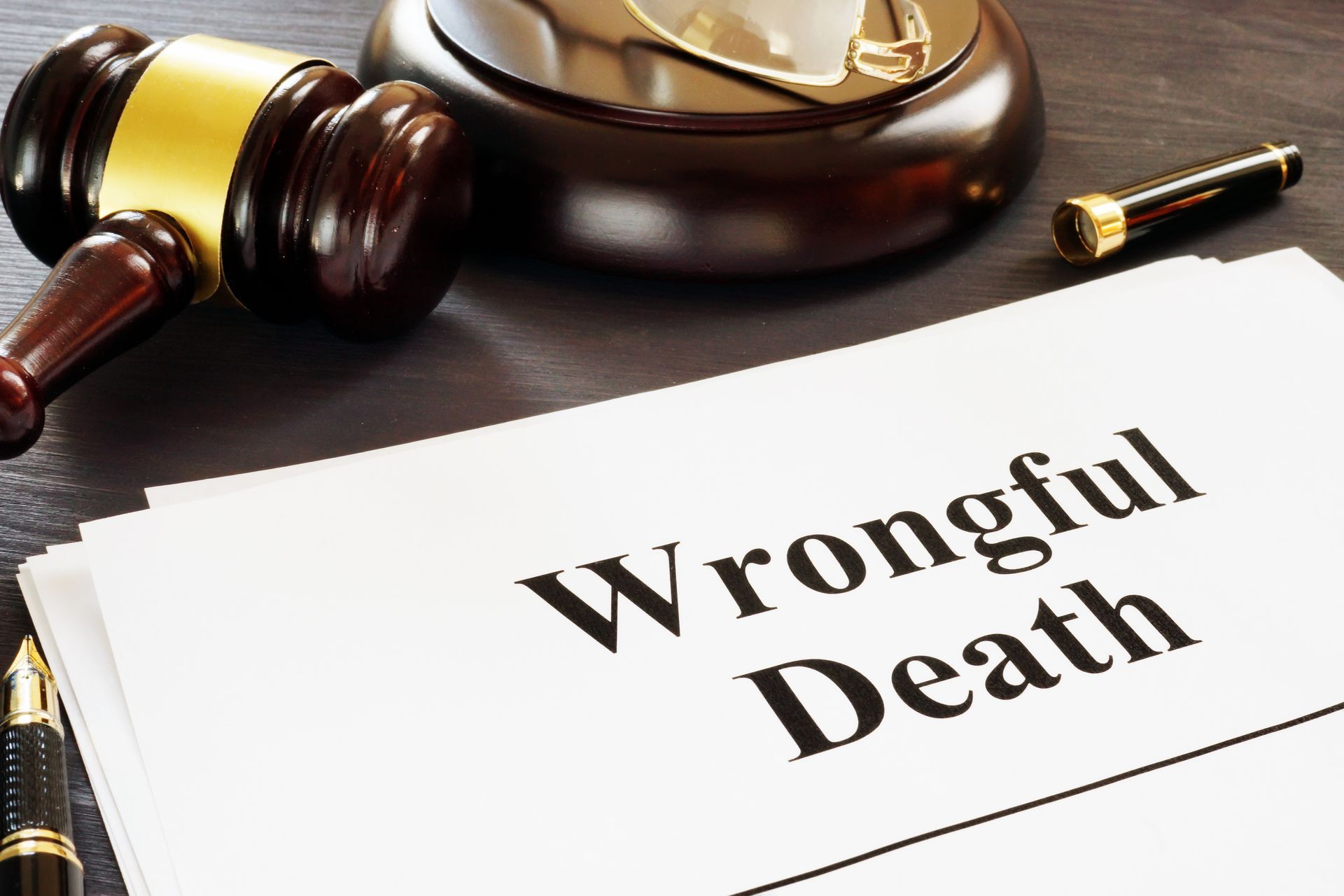Why It’s Important to Document Your Injuries and Recovery in an Indiana Personal Injury Case
Why It’s Important to Document Your Injuries and Recovery in an Indiana Personal Injury Case
When you're injured due to someone else's negligence—whether in a car accident, a slip and fall, or another incident—your path to recovery includes more than just medical care. If you’re pursuing a personal injury claim in Indiana, documenting your injuries and recovery process is one of the most important steps you can take to support your case.
At Jacobs Law LLC, we help injured individuals in Indianapolis understand their rights and pursue fair compensation. One key aspect of building a strong case is gathering evidence, and that starts with thorough documentation.
The Role of Documentation in Your Personal Injury Claim
A personal injury case rests on evidence. That includes proof of how the injury happened, who was at fault, and—critically—how the injury has affected your life. Clear, organized records help connect the dots for insurance companies, opposing counsel, and, if necessary, a jury.
Proper documentation can:
- Support the validity of your claim
Medical records, photos of your injuries, and daily pain journals can help show that your injuries were real, serious, and connected to the accident. - Demonstrate the impact on your life
Your notes, therapy updates, time missed from work, and even journal entries about your emotional health can reflect the physical and emotional toll of the injury. - Establish a timeline of your recovery
Detailed records of medical appointments, treatments, and recovery milestones show the duration and progression of your healing.
What to Document
Here’s a checklist of things to document after an injury in Indiana:
- Photos of the injury – Take pictures immediately after the incident and throughout your recovery.
- Medical records – Keep copies of doctor’s notes, test results, prescriptions, and treatment plans.
- Out-of-pocket expenses – Save receipts for co-pays, medical devices, travel to appointments, and home modifications.
- Pain and recovery journal – Write down your daily symptoms, pain levels, limitations, and emotional challenges.
- Work-related losses – Track missed workdays, reduced hours, or job-related hardships due to your injury.
Indiana Law and the Importance of Timing
Indiana has a two-year statute of limitations for personal injury claims. This means you must file your claim within two years of the date of your injury. Proper documentation throughout your recovery helps you preserve essential details, even if time passes before legal action is taken.
Let Jacobs Law LLC Help You Build a Strong Case
The more thorough your documentation, the more compelling your case. At Jacobs Law LLC, we provide personal injury legal guidance to the Indianapolis community. If you've been hurt, we're here to help you gather evidence, file claims, and pursue the compensation you need to move forward.











